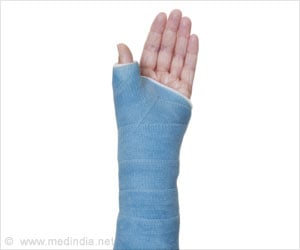
‘The activity in tactile cortices of the brain increased when participants increased their donation.’
Tweet it Now
The researchers used electroencephalography, a method to record electrical activity of the brain, in healthy human participants. With this method, they found that the activity in tactile cortices increased when participants increased their donation. Later they altered brain activity by using neuromodulation. Normally participants gave more money when the victim experienced more pain. But when interfering with tactile activity two related phenomena were observed: (a) people became less able to perceive in how much pain the other person was and (b) they no longer adapted their donations as appropriately to the needs of the other. An important social function for the tactile cortices
The results suggest that our tactile cortices, primarily evolved to perceive touch and pain on our body, have an important social function. They contribute to prosocial decision-making by helping to transform the sight of bodily harm into an accurate feeling for how much pain the victim experiences. This feeling is necessary to adapt our helping to the needs of others.
Providing a link between empathy for pain and prosocial behavior at the neural level is crucial to understand our social human nature and target pharmacological approaches to treat pathologies in which these mechanisms dysfunction, for example in psychopath individual or in children with callous unemotional traits.
Advertisement








